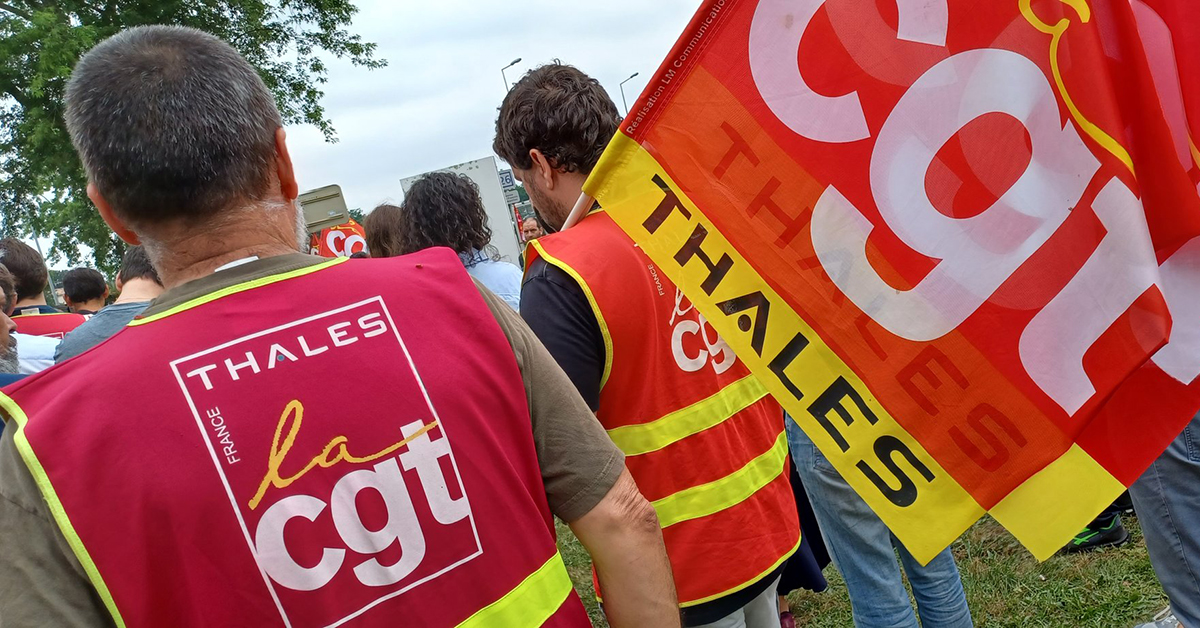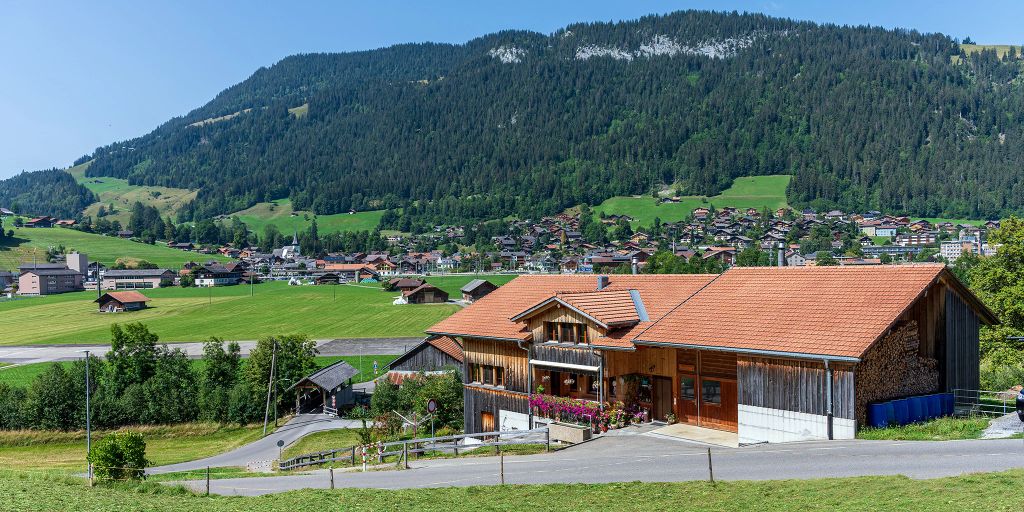Thales Alenia Space (TAS), the Thales Group subsidiary dedicated to the space industry, recently announced 1,300 job cuts in Europe, including 1,124 in France. This latter figure represents 25% of TAS’s 4,500 employees in France. According to management, this “restructuring” should result in French employees being transferred to other Thales Group companies. As for employees working on sites abroad (Spain, Great Britain and Belgium), these will be compulsory layoffs.
The profits of arms
The announcement of this social plan is all the more surprising since to satisfy its current orders, TAS would already need a larger workforce than it has today. Officially, management claims that this choice is dictated by the decline in satellite sales. It is true that TAS is losing more and more market share, faced with competition from American companies such as SpaceX, but also Chinese and Indian companies.
Yet this decline is not a surprise and it was not irremediable. For years, the company’s inter-union has been urging its management in vain to adapt to new technological developments, so as not to be left behind by the competition. Today, it is the workers who are paying the bill for their bosses’ refusals.
The attitude of the Thales group management can be explained simply: it has other, much more profitable priorities, above all in its branches linked to the arms industry.
Thales shares have been soaring since the start of the war in Ukraine, against a backdrop of global growth in military spending. In 2022, the group’s results broke records, notably thanks to the purchase by the United Arab Emirates of 80 Rafale aircraft for which Thales supplies some of the on-board electronics.
The employee transfers are a way for Thales’s management to focus on the group’s most profitable sectors. By announcing this social plan, they are sending a clear message to their shareholders: “Don’t worry! We will focus on weapons manufacturing!” The markets’ reaction was swift. Shortly after this announcement, UBS (Union Bank of Switzerland) upgraded Thales’ stock rating, having lowered it in February.
Nationalisation !
The largest TAS site is in Toulouse. 715 jobs will be cut there. On June 26, the CGT TAS organized a general assembly there, followed by a rally on the 28th. Workers from other branches of the Thales group, but also from Airbus Defense and Space, Météo France, CapGemini, and Safran participated to show their solidarity.
The CGT is demanding the pure and simple withdrawal of the social plan. We agree. There is no question of employees paying the price for the mismanagement of the company’s bosses. But this demand cannot be met in a sustainable manner as long as the company is subject to the logic of the capitalist market and competition, which hangs a sword of Damocles over the very future of TAS.
Even though the State remains the main shareholder, the group’s industrial policy is primarily oriented towards the interests of private shareholders. We must therefore mobilize to demand the full nationalization of Thales and its subcontractors, without compensation for shareholders, and its transfer under the democratic control of its employees. This is the only way to truly ensure the sustainability of all jobs, in France and abroad.
Moreover, this mobilization must be linked to a more global struggle against capitalism and militarism. Thales is not exactly a company like the others. Like the rest of the arms industry, it makes huge profits from the wars caused by imperialism.
Last June, the NGO Disclose revealed, for example, that during the first months of 2024, Thales sent spare parts to Israel for drones that the Israeli army uses to bomb the Gaza Strip. This shipment was authorized by the French government, despite the genocide perpetrated by the Zionist state, and must have brought in a lot of money for Thales’ managers.
We must oppose these arms shipments and, more generally, fight for the reorientation of the company towards socially useful production. If Thales were nationalized under the control of its employees, the skills of its highly qualified workers could be used to serve the interests of the population – and not those of a minority of parasites who make profits from the massacre of entire peoples.


